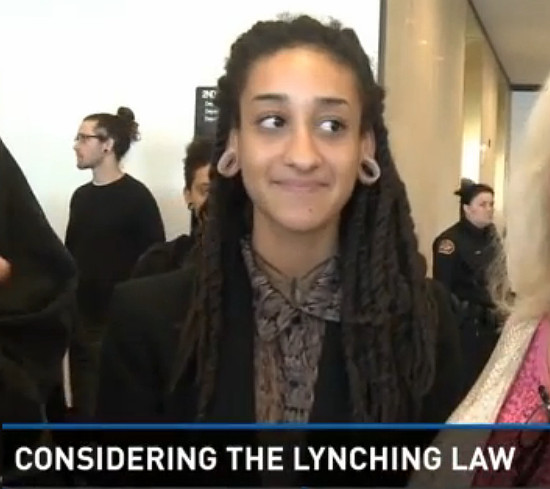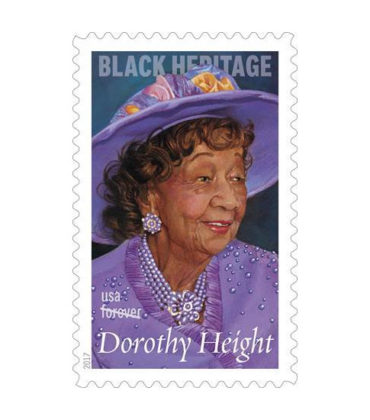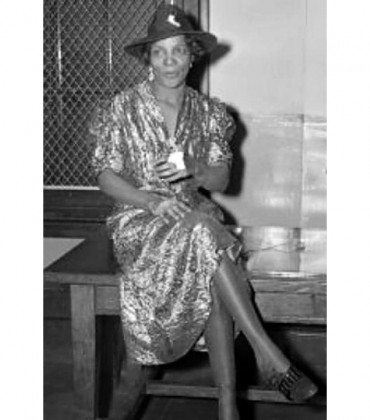
(Maile Hampton via ABC News10.)
The word “lynching” has a deep-seated and painful history for Americans. Which is why many were shocked when activist and organizer Maile Hampton was slapped with the charge of lynching after getting into a scuffle with a police officer during a demonstration in Sacramento, California.
Video shows Hampton carrying a bullhorn and attempting to grab a sign that the officer had taken from another protestor who was being detained. Hampton was also detained and arrested, and subsequently charged with lynching. The controversial law, which has been on the books in California since 1933, was put on the books to protect police from mob violence and vigilante justice. Over the years, the law has been invoked to punish protestors. In 1999 anti-fur activists were charged with lynching after trying to block the entrance of a Neiman Marcus department store. In 2011, members of the Occupy movement were also charged under the much disputed law. In both cases, the lynching charges were never fully carried out.
Hampton tells The Guardian that she felt that she and her brother Jamier Sale, as well as several other activists who were charged that day, were being targeted as a result of their prominence within the movement.
“It’s clear [law enforcement] are trying to target two of the most powerful Answer activists,” she said, referring to the Act Now To Stop War and Racism Coalition, a group that has grown in prominence nationally as an organizing body for the Black Lives Matter movement and other issues.
“Based on how law enforcement has interacted with us and tried to get information, we know that they know that we are very intersectional in our activism and we are two young educated people of color,” said Hampton, who also has joined rallies for pro-Palestine causes, raising the minimum wage (she works a low-wage job as a car detailer), organizing fast food workers and a recent event for Cesar Chavez day, among others.
“And they see that as a threat,” added Sale, who has a habit of finishing his sister’s thoughts.
After a recent court appearance, the complaint against Hampton has been amended to “interference with a peace officer in the performance of his/her duties,” which is a misdemeanor. The lesser charge carries a possible sentence of up to one year, unlike the original lynching charge, which is a felony, and carries a sentence of up to four years.
Dozens of supporters showed up to the court house for Hampton and she >addressed the media alongside her public defender.
“I am very surprised that Sacramento chose to do the right thing but happily surprised. That could have straight-up ruined my life.”




